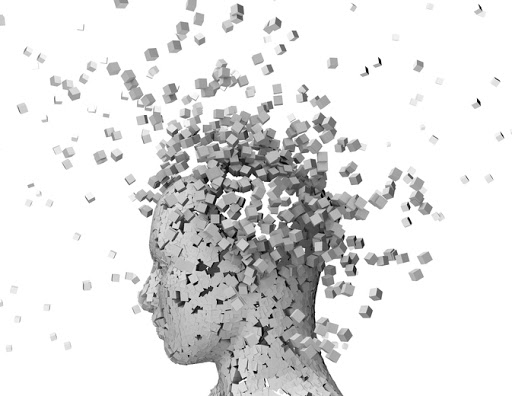Brain Fatigue
By Dr. Douglas Lee One of the most common effects that occurs for individuals with brain injuries is brain fatigue. We have all likely had occurrences of this in our lives where we have had to manage too much information within a certain period of time and get to the point that we just can’t … Read more

